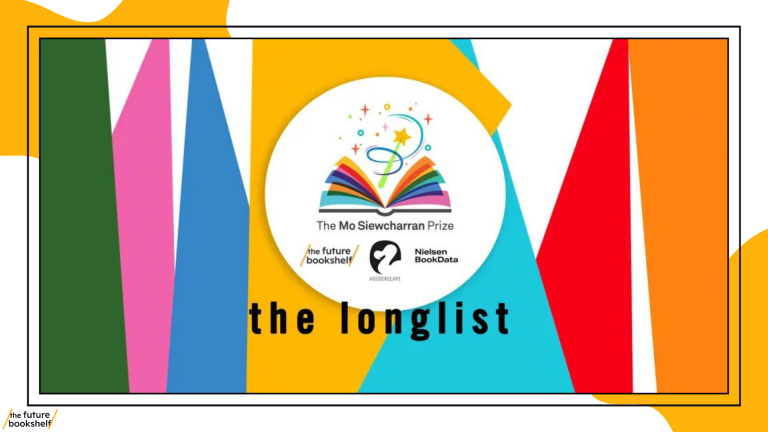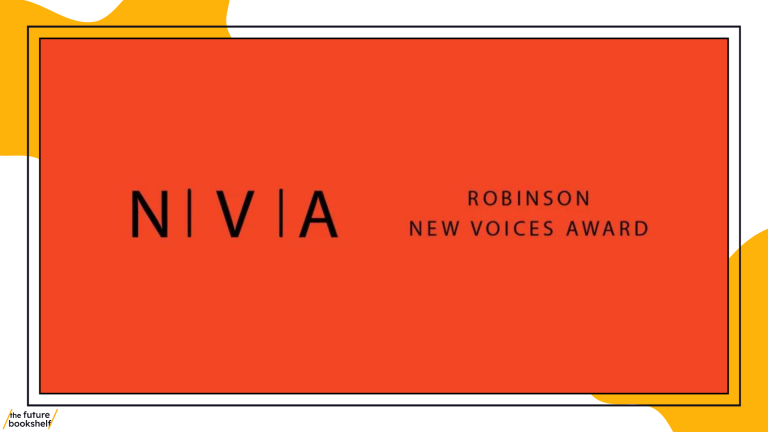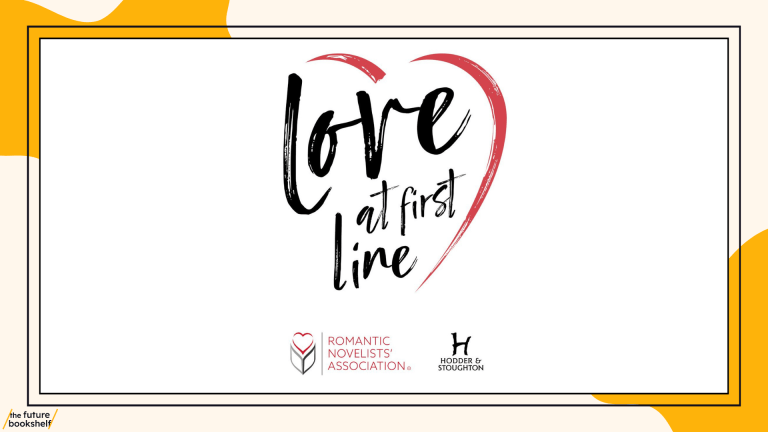Top 10 Tips for Writers (of Books) – Melissa Cox

Related Categories: The Future Bookshelf Blog
- Writing a book is really, really hard. It requires creativity, skill, concentration and most crucially, tenacity. The important thing to do is to accept this, and put the work in, knowing that the hard work is no guarantee that your book will be published, or if it is published, that it will be successful. Write it anyway.
- No one else can write what you write. Writers often worry about books being published which are similar to theirs, that someone else will beat them to the million-dollar idea. This is not something you should be fretting about, because even if everyone in the world wrote a novel about a girl disappearing, you would not get even two identical books.
- Why are no two books the same? Voice. It’s the way you express things, the way your characters talk to one another, the way the narrator talks to the reader, the way your descriptions evoke a time and space. Voice can be quirky or unreliable, unsettling or relatable, but the most successful fiction I know has distinct voice that is all that writer’s own.
- Relinquish some control and pick your battles. If you have a publishing deal, then it is probably sensible to accept that it is no longer just you in the driving seat. Editors seek to make your book the best possible version of itself, not to kill your beloved word-children (and spirit) in the process. Try to enjoy the editorial journey, push back when you think it’s best but also try to see both sides of the argument.
- That plot hole you’re hoping no one else will notice? They will notice it. A lot. And it will be discussed on GoodReads. A lot.
- Set yourself to receive as much as you transmit. Read widely and voraciously and talk about the books you love. Watch films, watch television shows (with the subtitles on to train yourself in dialogue), go to galleries and to the theatre or for long walks with a friend. Listening will make you a better writer.
- Don’t read your one-star reviews online. Nothing will make you more furious than “arrived damaged, one star!!” and you and your book deserve better than that. It will add nothing to read these when you should be writing instead.
- Ask questions of your work in progress. Leave things to sit and come back to them. Revise, revise and revise again. Especially if this is your first book and there is no deadline except the one you set for yourself. If you get a book deal you may never have this luxury of time again.
- If you mine your own experience and life for a story, make sure you’re prepared for the possibility that a lot of people (both strangers and people who know or knew you) may end up reading it and then speculating about which parts are true.
- If you have someone in your life who is willing to talk to you about your book, who will read drafts, make suggestions, listen to you read dialogue out loud to make sure it works…you are extremely lucky. Show them gratitude and affection in any way possible. Your publisher and agent are getting paid to work on your book, your friends and family are not, and their support is precious and should never be taken for granted.





